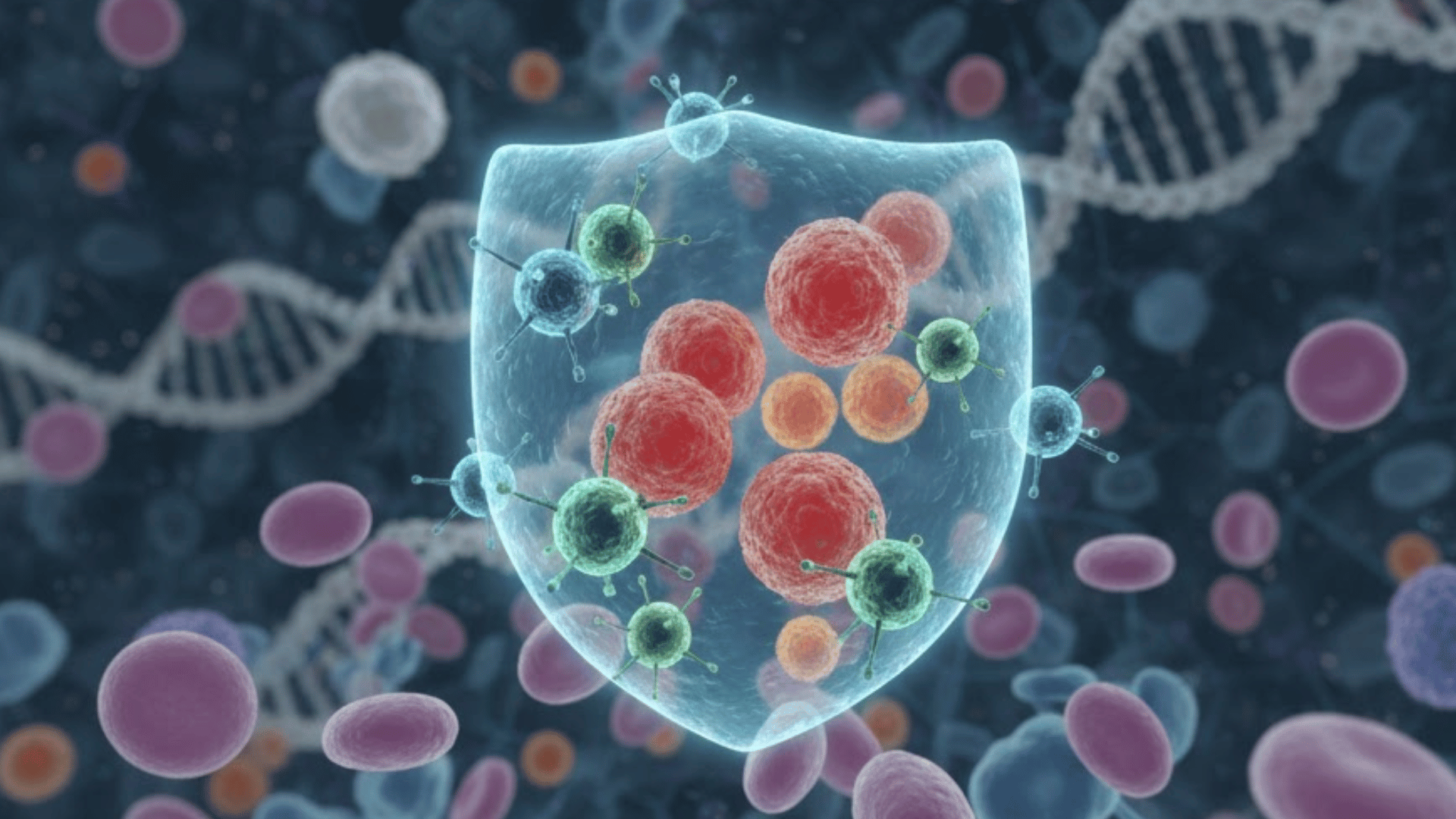Prostate cancer is one of the most common cancers diagnosed in men. The disease relies on genetic control mechanisms, specifically, “switches” called enhancers. These enhancers activate the genes that drive tumor growth.
Researchers at the University of Michigan Health Rogel Cancer Center developed a significant advancement in pinpointing a critical chemical signature on the enhancers. As a result, it led to the development of a new drug candidate that could shut down prostate cancer growth.
Their study was published in Nature Genetics.
Arul Chinnaiyan’s research team identified histone H2B N-terminal cetylation (H2BNTac) as an essential chemical mark serving the pro-tumor enhancers. After further investigation, researchers revealed two specific proteins that are responsible for adding these marks: p300 and CBP. The team found that levels of H2BNTac, p300, and CBP are notably elevated in cancerous tissue compared to normal cells.
“This study began as a way to understand chromatin associated with prostate cancer more thoroughly,” Dr. Chinnaiyan said. ” But we found that if you degrade p300 and CBP, levels of H2BNTac are depleted at AR enhancer sites.”
Slowing Down Prostate Cancer

Dr. Chinnaiyan collaborated with Shaomeng Wang, Ph.D., Director of the Michigan Center for Therapeutic Innovation. Together, the two designed a therapeutic solution. The result is CBPD-409, an orally bioavailable and highly potent compound that selectively degrades the p300 and CBP proteins.
CBPD-409 effectively wipes out the specific H2BNTac chemical mark and, as a result, stops the cancer-causing activity driven by the androgen receptor (AR).
This targeted protein degradation strategy offers a marked improvement over previous drug attempts. Traditional attempts have often failed to fully disrupt p300/CBP function.
“CBPD-409 rapidly and selectively erases H2BNTac, but remains untouched by bromodomain inhibitors, another class of drugs targeting p300 and CBP that do not fully extinguish their activity,” Chinnaiyan said.
In promising preclinical findings, Michigan researchers demonstrated that CBPD-409 is capable of inducing tumor regression in models of aggressive, castration-resistant prostate cancer and was well-tolerated in mice. Dr. Wang noted, “These promising preclinical findings support the development of a selective p300/CBP degrader for the treatment of castration-resistant prostate cancer in the clinic.”
This new approach offers hope for a more effective and targeted treatment for advanced prostate cancer patients.







